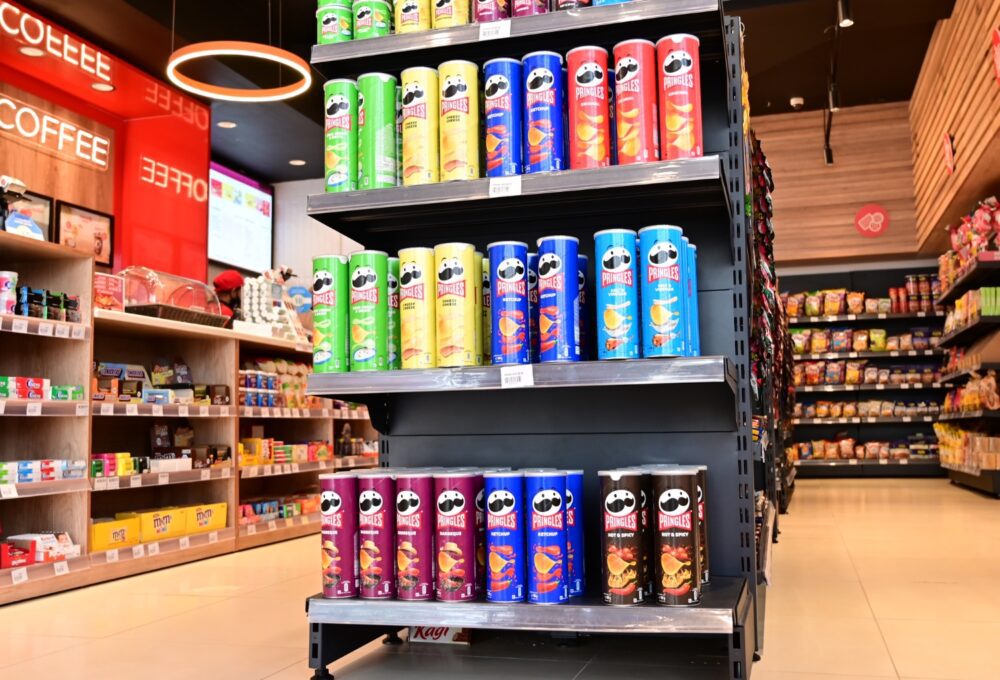Saudi Arabia has rolled out a sweeping update to the rules governing its corner stores, known locally as baqalas, in a move that will significantly reshape how everyday goods are sold across the Kingdom. Under a new directive issued by Minister of Municipalities and Housing Majed Al-Hogail, baqalas and other small retail outlets will no longer be allowed to sell a range of items, including tobacco products, fresh produce, meat, and dates.
The decision takes effect immediately, but existing stores will be granted a correction period of up to six months to comply with the new regulations. After that, grocery stores that continue to sell any of the newly restricted items risk penalties and possible closure.
The restrictions apply to grocery stores, kiosks, and mini markets, all of which are now barred from selling both traditional and electronic cigarettes, shisha products, fruits, vegetables, fresh meat, and dates. These items will still be available in larger outlets such as supermarkets and hypermarkets, but with conditions. For example, stores wishing to sell meat must first obtain a separate license for it.
Why Make These Changes?
The changes are part of a broader effort to professionalize the retail sector and improve quality standards. “The sale of all these products are allowed in hypermarkets,” stated the directive, with hypermarkets now serving as the main legal point of sale for a variety of high-regulation goods. Supply stores (a category that includes large supermarkets) are also permitted to sell the restricted items, provided they meet the proper licensing conditions.
In contrast to the bans, the new regulations do permit grocery stores, supermarkets, and hypermarkets to sell mobile charger cables and prepaid recharge cards, a small nod to modern convenience in an otherwise tightly controlled update.
The government has also clarified the space requirements for different types of retail operations. Grocery stores must now have a minimum floor area of 24 square meters to be legally operational. Supermarkets must meet a threshold of at least 100 square meters, while hypermarkets are required to have a minimum of 500 square meters. These distinctions will help further separate small convenience stores from larger, more regulated outlets in terms of what they are allowed to offer.
For many residents, baqalas have long been a key part of neighborhood life; small shops offering a bit of everything just around the corner. But this regulatory shift signals a desire by authorities to centralize and formalize the sale of goods that either require stricter handling or pose public health concerns.
The new rules also seem aligned with broader health initiatives in the Kingdom, including efforts to reduce tobacco consumption and improve food safety. By limiting where products like meat and produce can be sold, authorities likely hope to ensure better hygiene, quality control, and traceability. Similarly, curbing the availability of tobacco in small, easily accessible shops may be a step toward reducing its overall consumption.
The next six months will be critical for baqala owners, many of whom will need to reassess their business models or consider transitioning into larger formats if they wish to continue selling previously available items.








Comments (0)